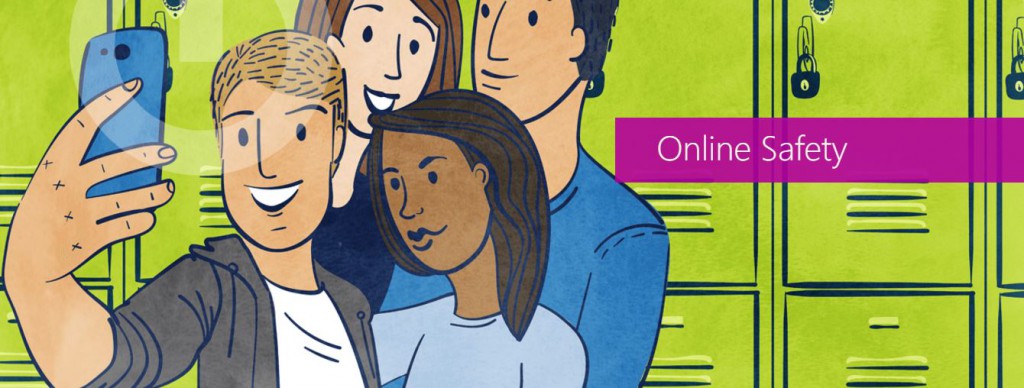Four ways to keep your kids safer online
With a significant number of young people using the internet compared to their adult counterparts, and over 80% of teens regularly using a cell phone, chances are your children are vulnerable to online dangers.
Whether it’s your child joining the more than 50% that have experienced cyber bullying, or falling victim to malware attacks, being online can be a risky place for children.
Here are some tips for easy ways to better protect your children online.
- Think before you post
Make a rule that your children may not send mean or damaging messages, or suggestive pictures or messages, with the punishment being the loss of their cell phone and computer privileges. Remind them not to share anything online that they wouldn’t want shared publicly, even if they think it’s a private message. Periodically ask your children to show you what they’re doing online, or use tools such as Windows 10 Family Features to check up on their online activity – and let them know you will be using this tool.
Young people want to socially network with their peers only, and choose social networking sites they believe their parents are not members of. Family Features helps you to monitor their online activities without encroaching on their social space and block certain websites, apps or games if necessary.
- Keep it private
Have your children turn on their privacy settings on their social networking profiles to protect their content, and turn off their GPS services across apps so that their locations aren’t visible to strangers. Also warn them not to post their personal information online and to be selective about which friend requests they accept – these should only be from people they know in real life. To avoid having them share your credit card details unnecessarily when buying music or games online, you can also load money onto their Microsoft accounts using one of the Windows 10 Family Features.
- Understand what you’re downloading
Educate your children about malware and the importance of not downloading files from unknown sources, clicking on banner ads and unexpected pop-up windows, or clicking on links they can’t be sure they can trust. Advise them not to give an app access to their data when it doesn’t seem necessary; not to disable to security features on their devices; and not to put any unknown flash drive into their device. They should only be downloading apps, games and software from major stores like the Windows Store, and sticking to those that are well-reviewed. “Free” offers of music and games are notorious for malware. When in doubt, they should check with you before continuing.
- Don’t be scared to report cyber harassment
As a parent, it’s important to get your children to understand that they won’t be in trouble for telling you when they get cyber bullied or accidentally download malware. Encourage them to save any damaging message or suspicious links they come across as proof of the incident, and ensure you follow through by reporting it – whether to the app in question, to your child’s school or to the police.
As a parent, you need to understand the risks of the internet and take them seriously to protect your children. By working together with them and taking an interest in their online activities you can develop good habits through a mix of guidance and monitoring. Most importantly, teach them to ask critical questions about what they see and how they interact online, and to follow their instincts. That way, being online no longer has to be such a scary place for you or your children.
